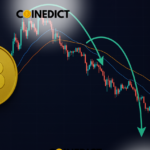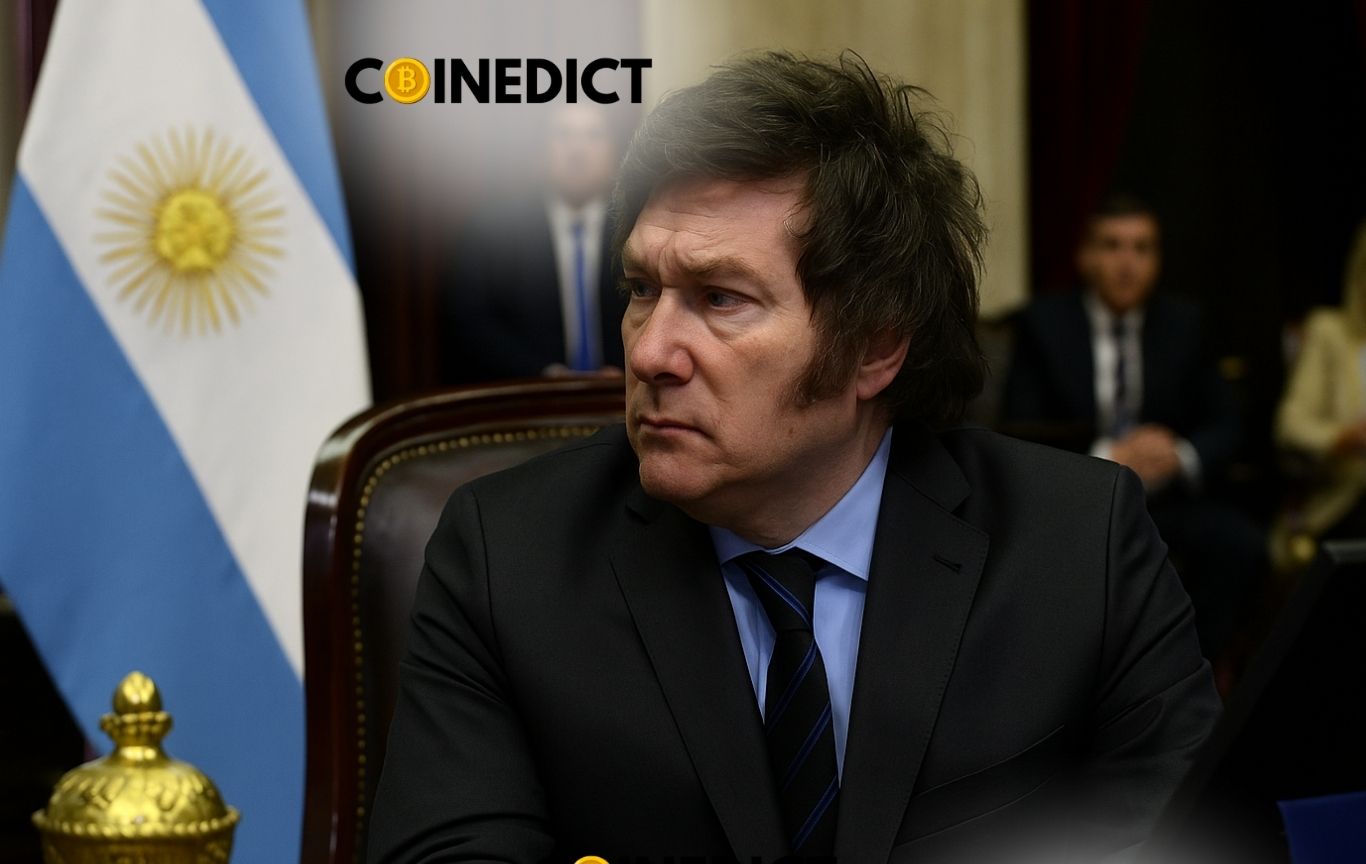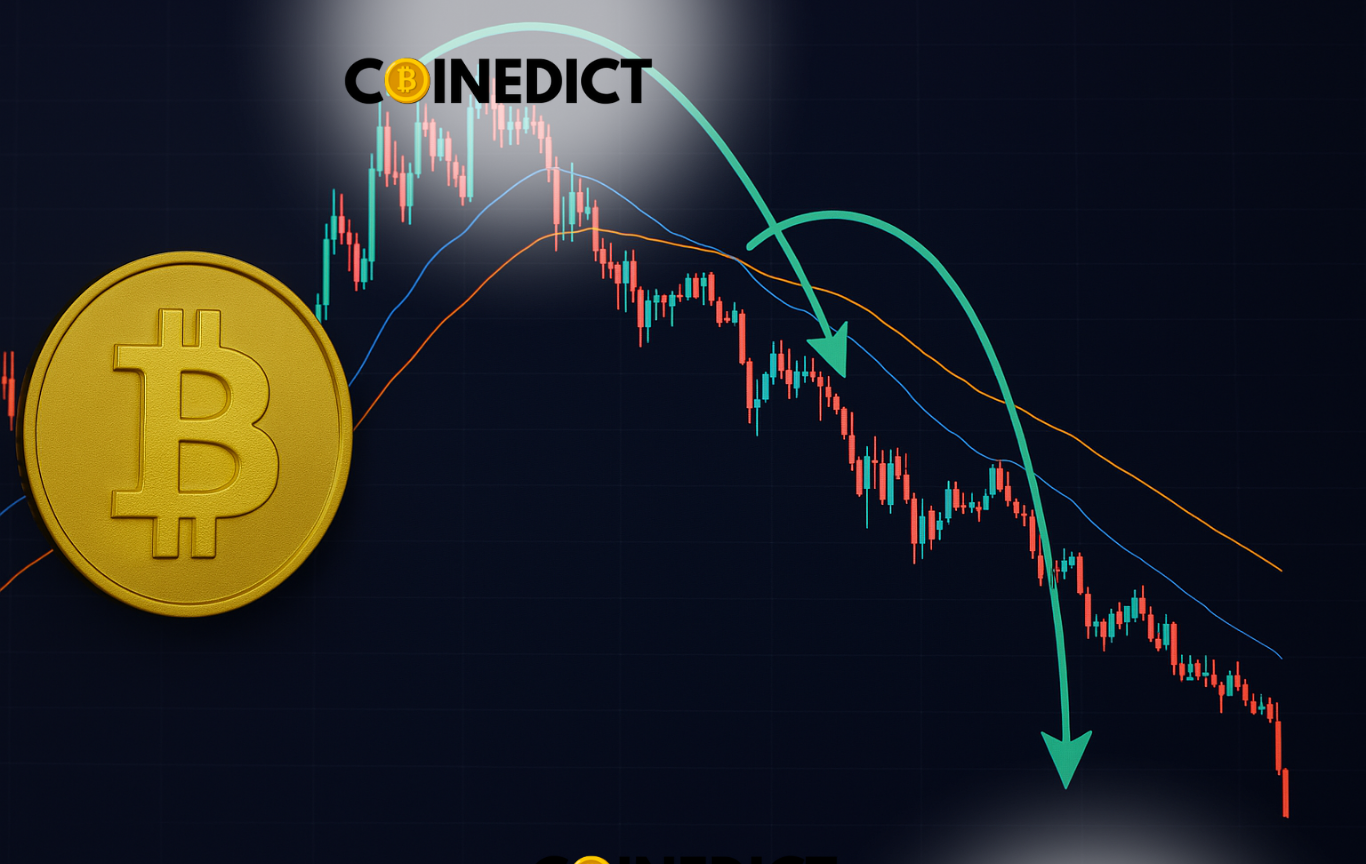The Russian cryptocurrency exchange Garantex has suspended its operations after stablecoin issuer Tether (USDT) blocked digital wallets linked to the platform. The frozen wallets reportedly contained over 2.5 billion rubles ($28 million), effectively cutting off the exchange’s ability to function.
The move comes just days after the European Union (EU) included Garantex in its latest round of sanctions on February 24. The EU accused the exchange of enabling sanctioned Russian banks to bypass financial restrictions and facilitating illicit transactions amid the ongoing conflict in Ukraine.
Garantex’s Response: “We Are Fighting”
In a statement on Telegram, Garantex called the development “bad news,” accusing Tether of actively taking part in the “war against the Russian crypto market.” The exchange confirmed that all services, including withdrawals, have been temporarily suspended but assured users that it is looking for ways to resume operations.
“We are fighting and will not give up,” the exchange wrote, warning that all USDT holdings in Russian wallets could be at risk.
Tether’s Compliance with Sanctions
While Tether has long been criticized for its lack of transparency and centralized control over USDT, this action aligns with its past efforts to comply with international sanctions and regulatory requests. By freezing Garantex’s wallets, Tether aims to cut off potential illicit financial flows and reinforce restrictions imposed by Western governments.
This isn’t the first time Garantex has been in regulatory crosshairs. The U.S. Treasury sanctioned the exchange in April 2022, accusing it of processing over $100 million in transactions linked to ransomware payments and darknet markets.
The Bigger Picture
The sanctions on Garantex and Tether’s involvement highlight the increasing regulatory pressure on Russian crypto exchanges. Western authorities have been tightening restrictions to prevent digital assets from being used as a workaround to economic sanctions.
With its latest action, Tether has once again demonstrated its ability to freeze assets—a controversial power that raises concerns about centralization in the crypto space. The broader implications of this move remain to be seen, but Russian crypto users may now have fewer reliable options for stablecoin transactions.
As tensions between Russia, the EU, and the U.S. continue, this crackdown signals a tougher stance on crypto platforms accused of violating sanctions. The future of Garantex, and whether it can find alternative solutions, remains uncertain.











